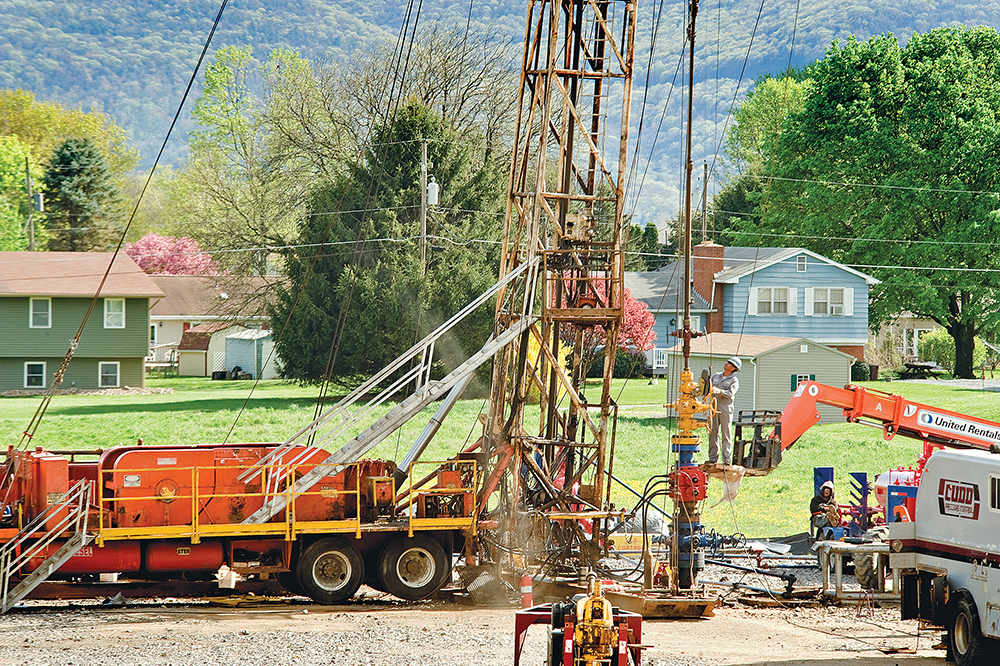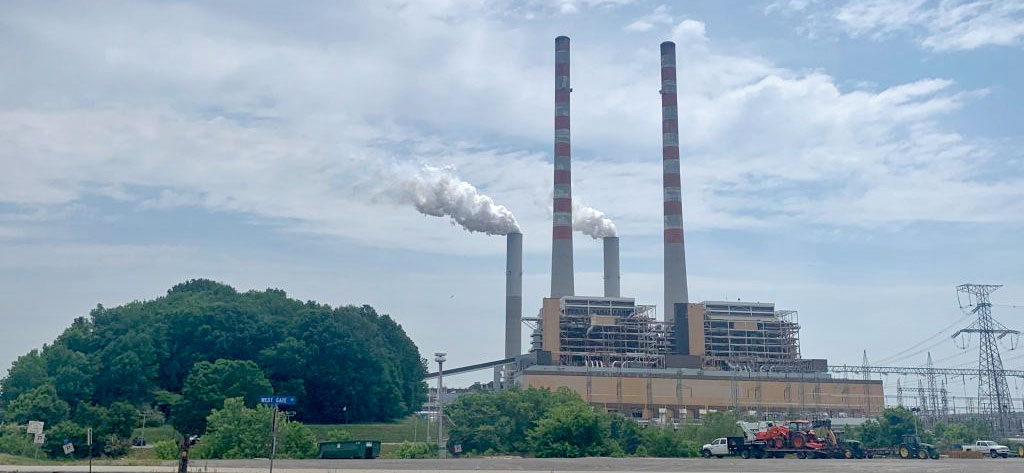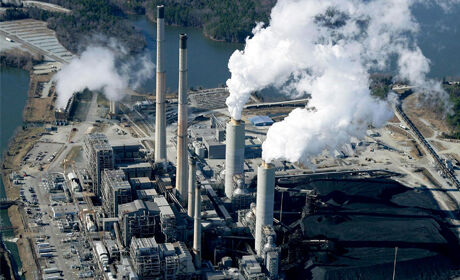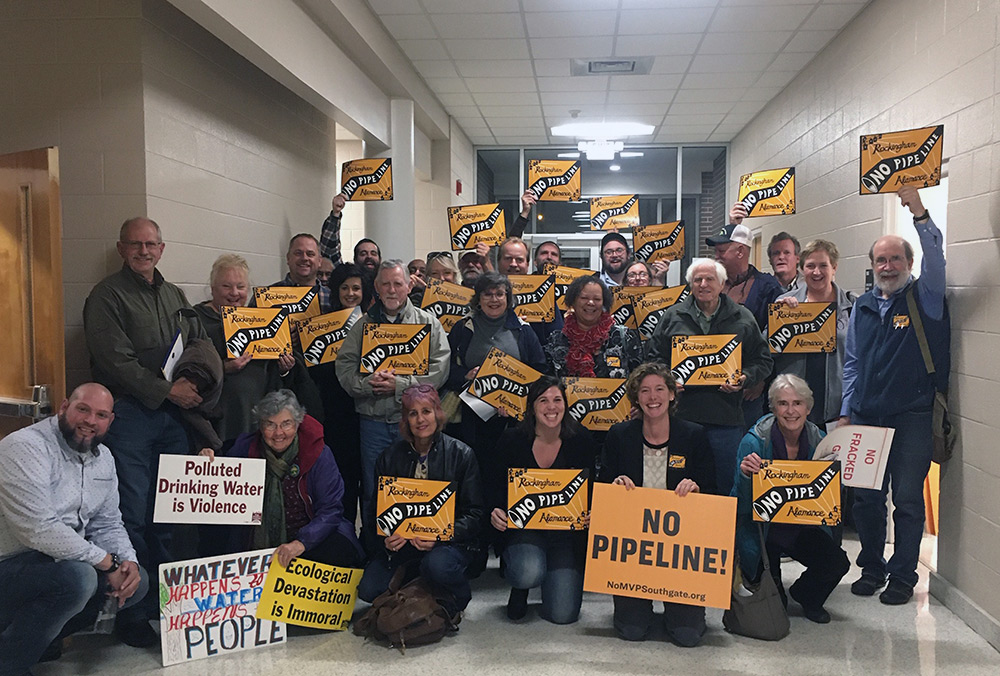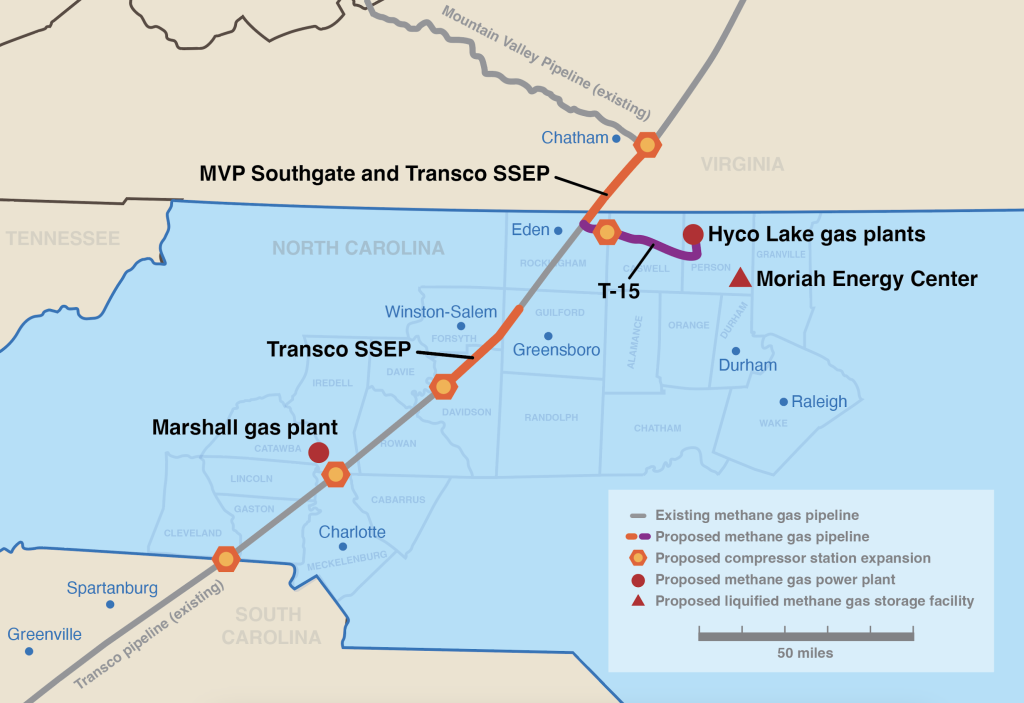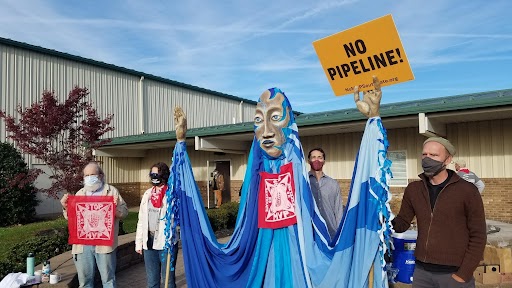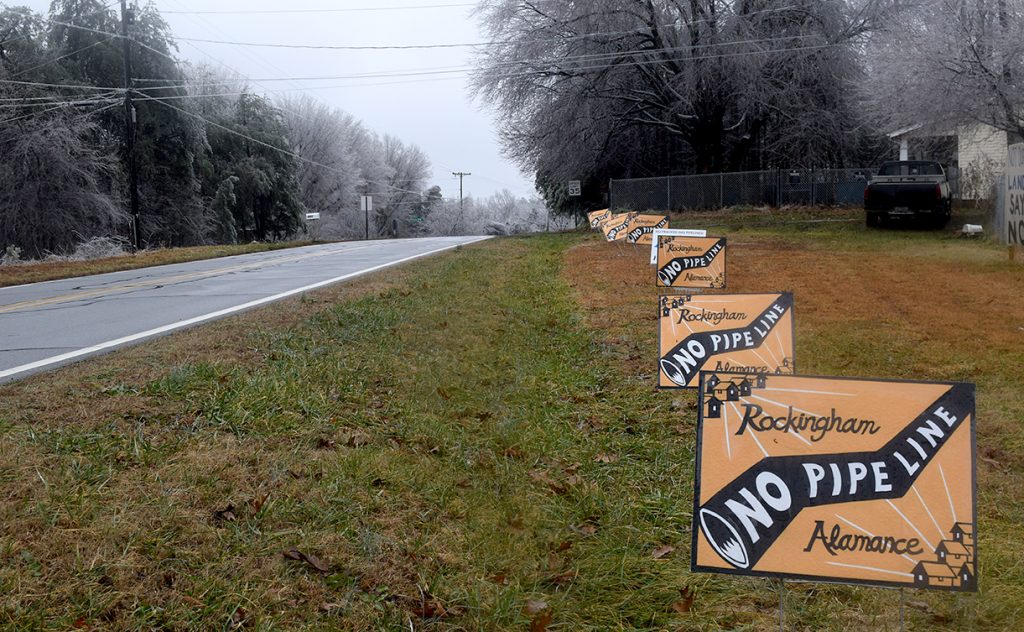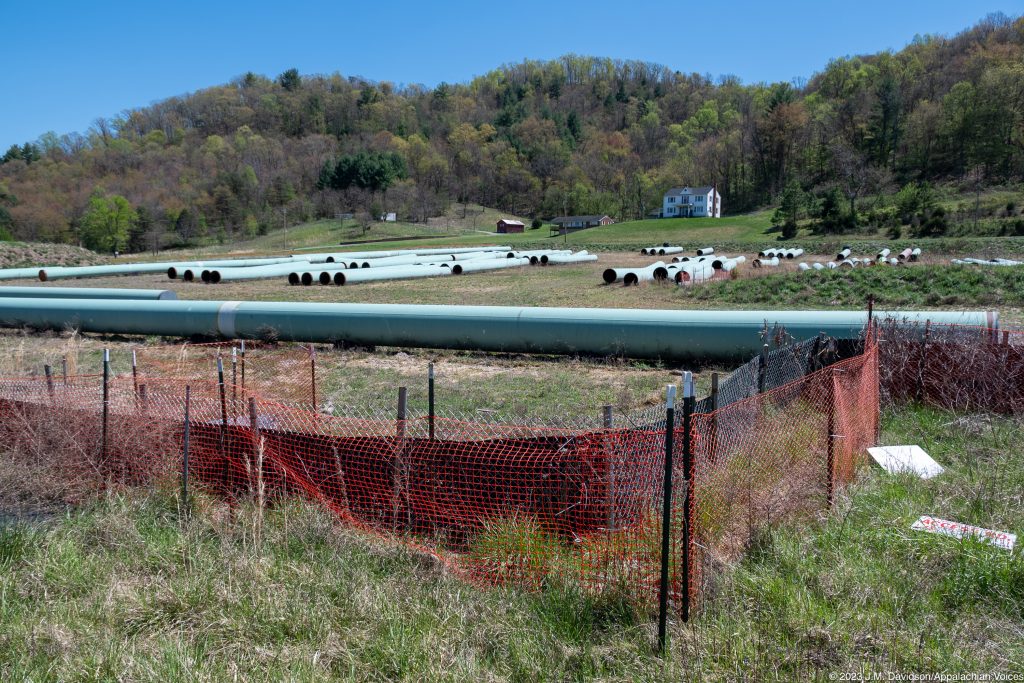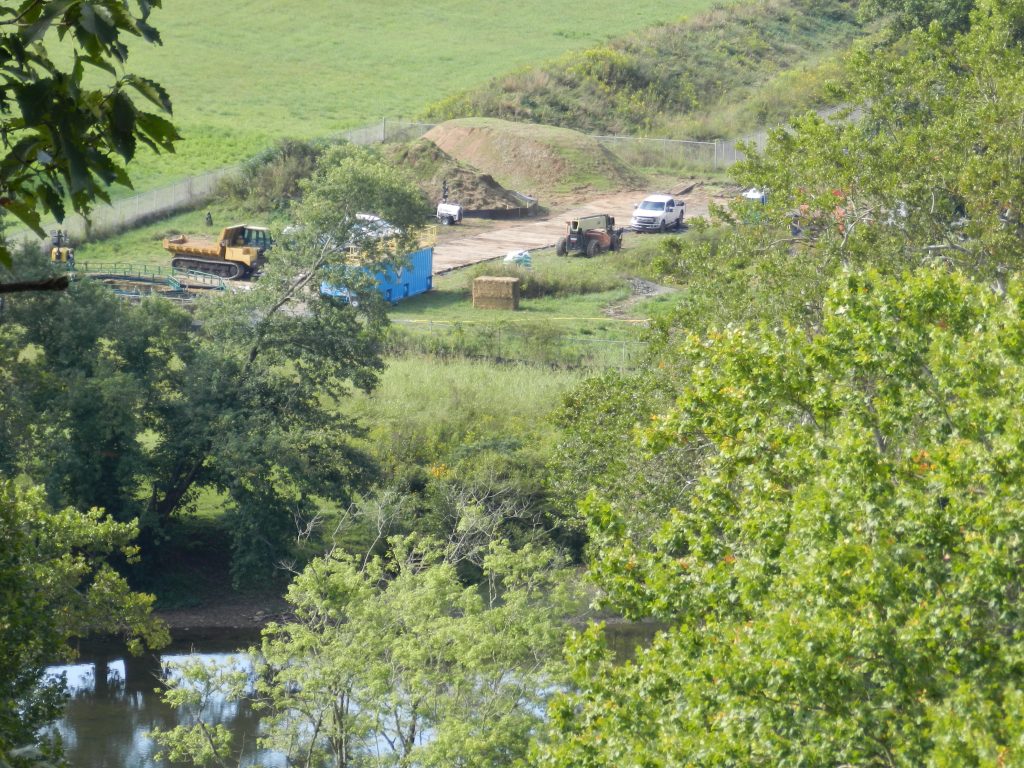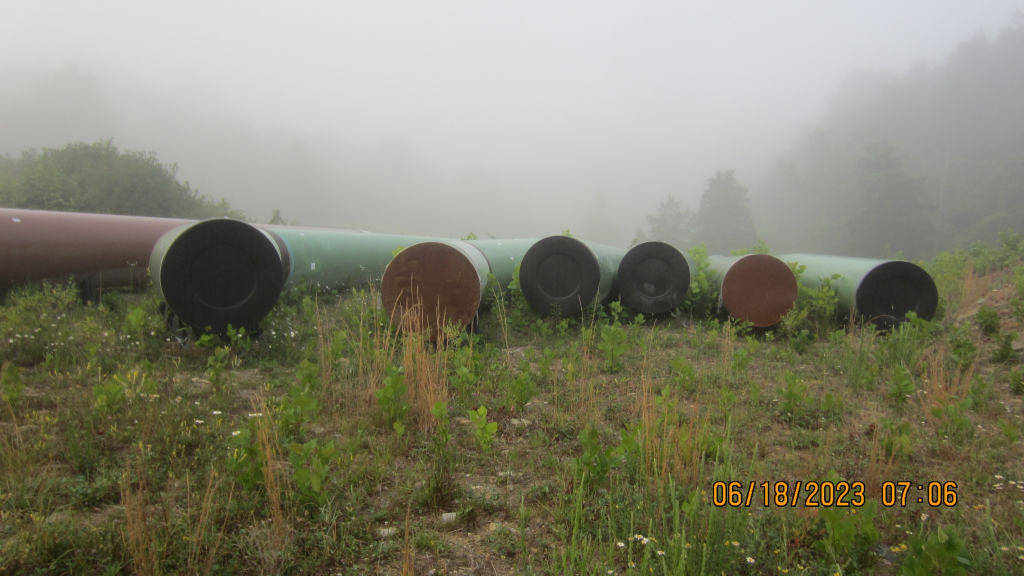Stop Pipelines & Fracked Gas

Photo By Sierra Shamer / Fractracker
Two decades ago, so-called natural gas exploded on the American energy market, pushed by the industry as a supposedly clean “bridge” fuel to transition the economy from dirty coal to renewable sources of electricity generation like solar and wind.
But this gas is far from clean. From the time that it is extracted using a destructive drilling method called fracking, its transport through pipelines, train cars and trucks, to the power plants where it is burned, the dire environmental and human costs of this fossil fuel are now abundantly clear. In particular, this polluting infrastructure is often sited in communities of color, lower-income areas and other environmental justice communities.
Studies show that investments in renewable energy and energy efficiency are on par with, or sometimes more affordable than, building new gas infrastructure. Many states are enacting policies to tap into the rising solar and wind sector. Yet the fossil fuel industry is rushing to build methane gas pipelines and power plants to squeeze as much profit as possible out of the waning fuel, putting most of the financial risk on customers.
Appalachian Voices is tackling the spread of fracked gas head-on by legally challenging fossil fuel proposals and pushing back against the antiquated policies and rubber-stamping agencies that govern the development of gas infrastructure. We are also partnering with communities in the fight against new fossil fuel infrastructure, providing resources and training to bolster local opposition. And we are pressuring decision-makers to force them to consider the harm to communities threatened by polluting energy development.
And the tide is starting to turn. In July 2020, Duke Energy and Dominion Energy canceled the 600-mile Atlantic Coast Pipeline. The massive fossil fuel project was riddled with problems, starting with the fundamental fact it was not needed to meet energy demand. Standing beside the many communities and organizations that made this historic victory possible, we’re taking this momentum and applying it toward the fight against other destructive, climate-harming projects that threaten community safety, our clean air and water, and that would raise electricity costs for residents.

Latest News
Override of HB 600 makes it easier for Mountain Valley Pipeline to spoil North Carolina rivers and streams
Yesterday, the North Carolina General Assembly voted to override Gov. Roy Cooper’s veto of HB 600, the Regulatory Reform Act of 2023. A section of this bill provides special loopholes for energy transmission projects, like pipelines, that are built in the state, giving them a much faster and more lenient Clean Water Act review by the North Carolina Department of Environmental Quality.
‘Environment At Risk’ Art Exhibit Connects Art, Activism and the Natural World
The “Environment At Risk” art show at The Cultural Arts Center at Glen Allen, Virginia, features 40 artists whose work confront environmental issues in deeply intimate and poetic ways through paintings, drawings, sculpture, photography and fiber art.
Statement on safety agency PHMSA release of consent order for perilous Mountain Valley Pipeline
On October 3, 2023, the Pipeline and Hazardous Safety Materials Administration reached a consent agreement with the developers of the long-beleaguered Mountain Valley Pipeline.
Greenbrier River Watchdogs Alarmed as Mountain Valley Pipeline Drills
Local residents and water protectors are concerned about pollution and safety risks as boring for the Mountain Valley Pipeline begins beneath West Virginia’s Greenbrier River.
What the government spending fight means for Appalachia
Leaders in the Senate and the House need to come together to negotiate a final deal in order to keep the government funded. Appalachian Voices will keep fighting to fund these crucial programs and agencies to help protect coal mining communities and transition to clean energy.
Federal agency announces a proposed safety order for Mountain Valley Pipeline
Now as MVP construction is resuming, communities along the pipeline’s route are alarmed at the danger of using the deteriorated components, fearing that the risk for cracks, weld failures, leaks and explosions has increased.

